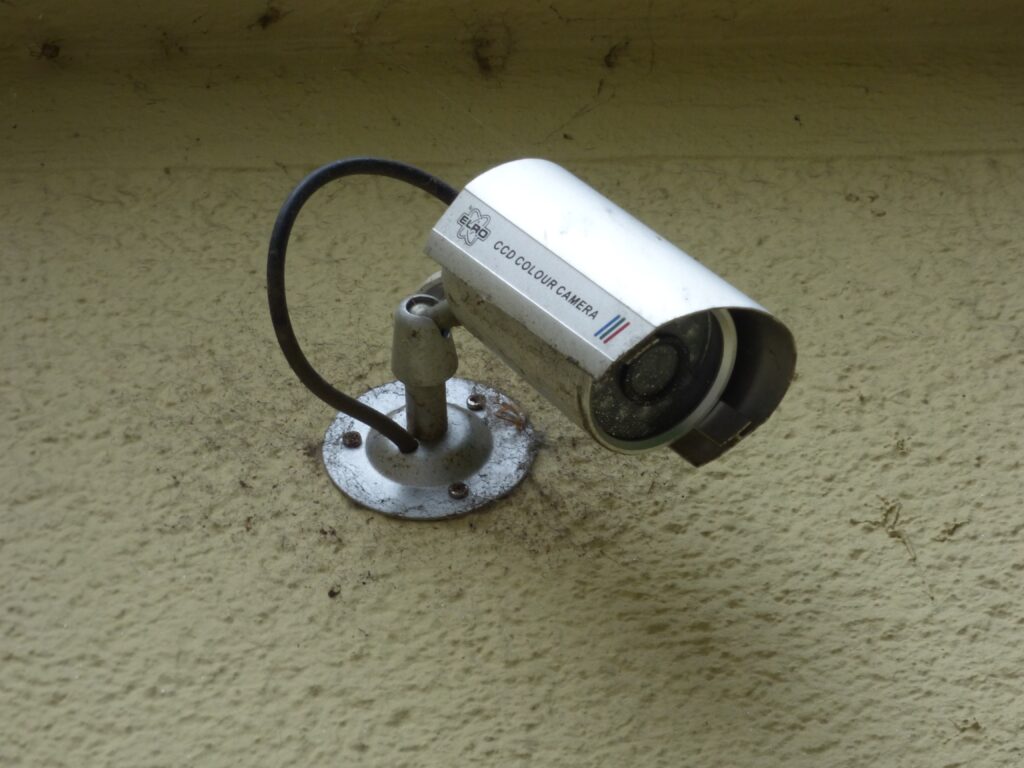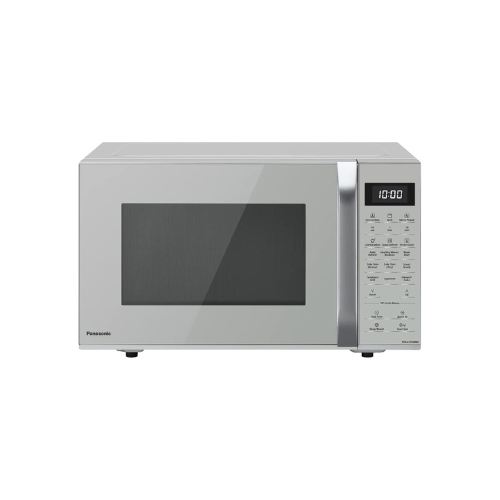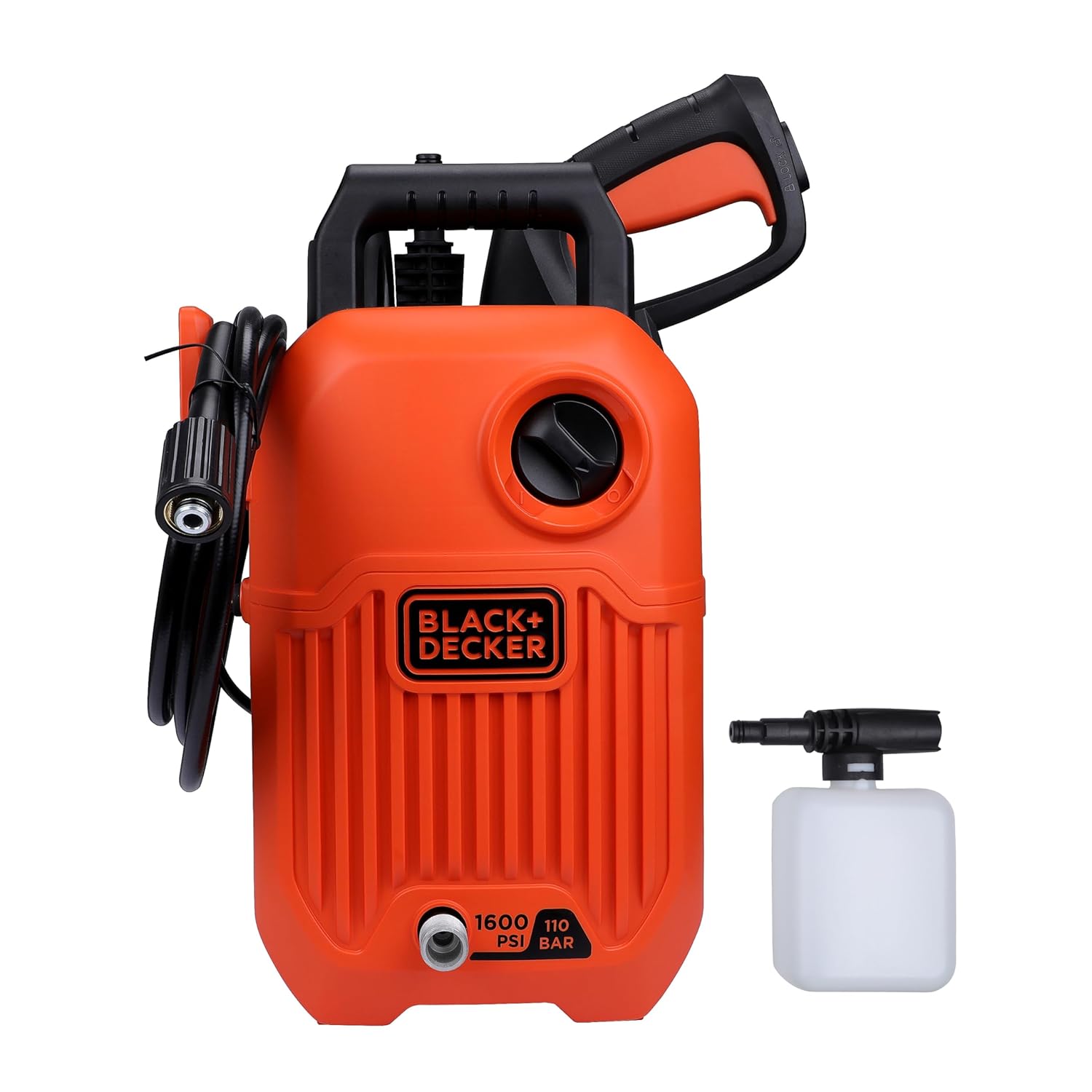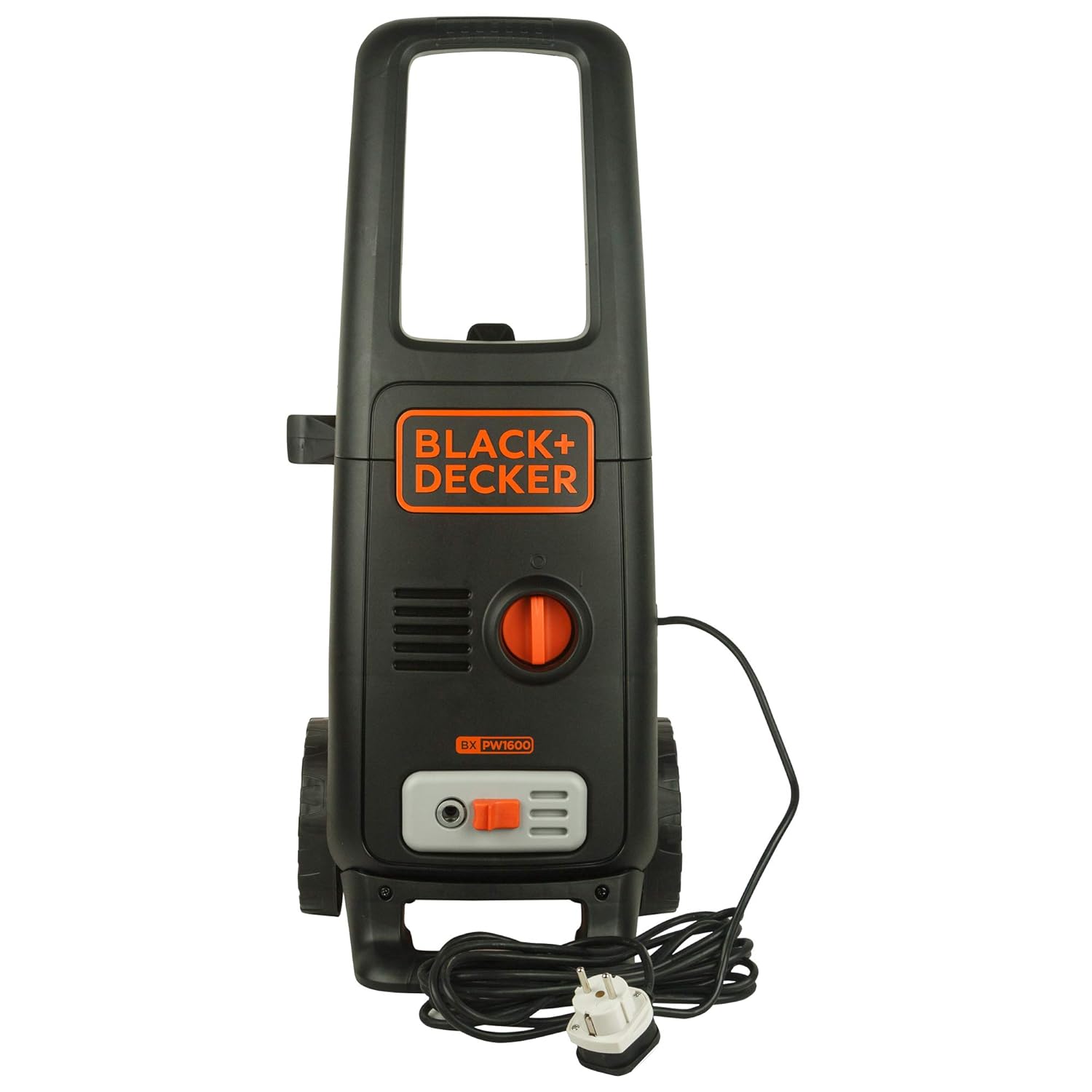The Future of IT Equipment: Trends to Watch

In the fast-evolving digital age, ensuring the security of a business goes far beyond just locking the doors at night. Electronic security systems play a pivotal role in safeguarding companies, not only from physical intrusions but also from digital threats. Whether you’re running a small business or managing a large corporation, having a comprehensive electronic security system is essential. In this post, we’ll dive into what makes a good electronic security system, why it’s necessary for your business, and how you can select the right one.
What Are Electronic Security Systems?
Electronic security systems refer to a collection of devices and technologies designed to protect property, assets, and information from unauthorized access, damage, or theft. These systems often include a combination of hardware and software that work together to detect potential threats and respond effectively. Popular examples include CCTV cameras, access control systems, alarm systems, and digital monitoring software.
For businesses, these systems offer multiple layers of protection. They not only help in monitoring real-time activities but also serve as deterrents to would-be criminals. The presence of a visible security camera, for instance, can discourage someone from attempting a break-in, while an alarm system can notify the authorities in case of a breach.
Why Your Business Needs an Electronic Security System
If you’re wondering whether investing in an electronic security system is worth it, consider this: businesses of all sizes are vulnerable to security threats. Whether it’s physical theft, internal fraud, or cybersecurity breaches, every organization faces risks.
One of the biggest advantages of an electronic security system is the peace of mind it provides. You don’t have to constantly worry about the safety of your premises when the right technologies are in place to detect, report, and even prevent incidents. Additionally, businesses that handle sensitive customer data (like financial institutions, healthcare providers, and e-commerce companies) need extra layers of protection to comply with data privacy regulations.

Types of Electronic Security Systems for Businesses
The security needs of businesses vary greatly depending on their size, location, industry, and operational hours. Here’s a breakdown of some of the most common types of electronic security systems that businesses can benefit from:
- Surveillance Cameras (CCTV): CCTV cameras are probably the most well-known electronic security devices. They provide real-time monitoring of business premises and record activities that can be reviewed in the event of an incident. Modern surveillance systems are equipped with high-definition cameras, night vision, and even AI-powered analytics that can detect unusual activities like loitering or unauthorized access.
- Access Control Systems: An access control system limits entry to certain areas within your business to authorized personnel only. These systems range from simple keycards or keypads to advanced biometric readers that scan fingerprints or faces. This is particularly useful for businesses handling sensitive information or assets, ensuring that only the right individuals have access.
- Alarm Systems: Alarms are a critical component of any security system. These systems are designed to detect intrusions and alert business owners or security personnel of unauthorized access. Alarms can be integrated with sensors on doors, windows, and other points of entry. They may also include environmental sensors that detect smoke, carbon monoxide, or even floods.
- Integrated Systems: Many businesses today are moving towards integrated electronic security systems, which combine surveillance, access control, alarms, and even cybersecurity solutions into one seamless platform. These systems allow for better coordination and communication between different security components, increasing overall efficiency.
How to Choose the Right System for Your Business
Choosing the right security system for your business can be overwhelming. With so many options on the market, it’s essential to assess your specific security needs. Here are a few tips to help you make the right decision:
- Assess Your Business Environment: What type of business do you operate? A retail store may have different security needs compared to an office building. Determine whether your priority is preventing theft, protecting sensitive data, or monitoring employees.
- Consider Your Budget: Security systems come in various price ranges, so it’s important to establish a budget. While it’s tempting to go for the most advanced technologies, it’s crucial to find a balance between your security needs and what your business can afford.
- Scalability: If you’re a growing business, you’ll want a system that can expand as your company grows. Look for systems that allow for the addition of more cameras, access points, or even new technologies over time.
- User-Friendly Systems: A complex system can cause more harm than good if your team doesn’t know how to operate it properly. Opt for systems with intuitive interfaces, comprehensive training, and customer support.
Emerging Technologies in Business Security
The future of electronic security systems is here, with smart technologies and AI making waves in the industry. AI-powered security cameras are capable of recognizing faces, detecting unusual behavior, and even predicting potential security threats. These systems can send alerts to business owners or security personnel, helping them take action before an incident occurs.
Cloud-based security systems are also becoming increasingly popular. These systems allow businesses to store and access security footage or data remotely. With real-time updates and access from mobile devices, cloud security provides flexibility and convenience, especially for businesses with multiple locations.
Case Study: How a Retail Store Improved Security
To illustrate how electronic security systems can benefit businesses, let’s look at a real-life example. A mid-sized retail store in Accra was experiencing frequent shoplifting incidents, which led to significant financial losses. After installing a combination of CCTV cameras and an access control system at their backroom storage, they saw an immediate reduction in theft.
The store also opted for a remote monitoring system, allowing the manager to check live footage from any location. This not only improved security but also allowed for better staff management, as the system recorded working hours and break times. The cost savings from reduced theft alone paid for the security system within a year.
Common Mistakes to Avoid When Installing Security Systems
As beneficial as electronic security systems are, improper installation or poor decision-making can render them ineffective. Here are some common mistakes to avoid:
- Poor Camera Placement: Installing cameras in areas with limited visibility or blind spots can defeat the purpose of having them.
- Overlooking Employee Access Control: Some businesses make the mistake of not limiting access for certain employees, leading to internal security risks.
- Ignoring Maintenance: Like any technology, security systems require regular maintenance to ensure they are functioning correctly. Software updates, camera cleaning, and system checks are all necessary.
Conclusion
In today’s world, a robust electronic security system is no longer a luxury—it’s a necessity for businesses. Whether you’re looking to prevent theft, protect sensitive data, or monitor your premises, the right combination of security devices can give you peace of mind and keep your business safe. At IT and Electrics GH, we specialize in creating customized security solutions for businesses of all sizes. Contact us today to learn how we can help you protect what matters most.













